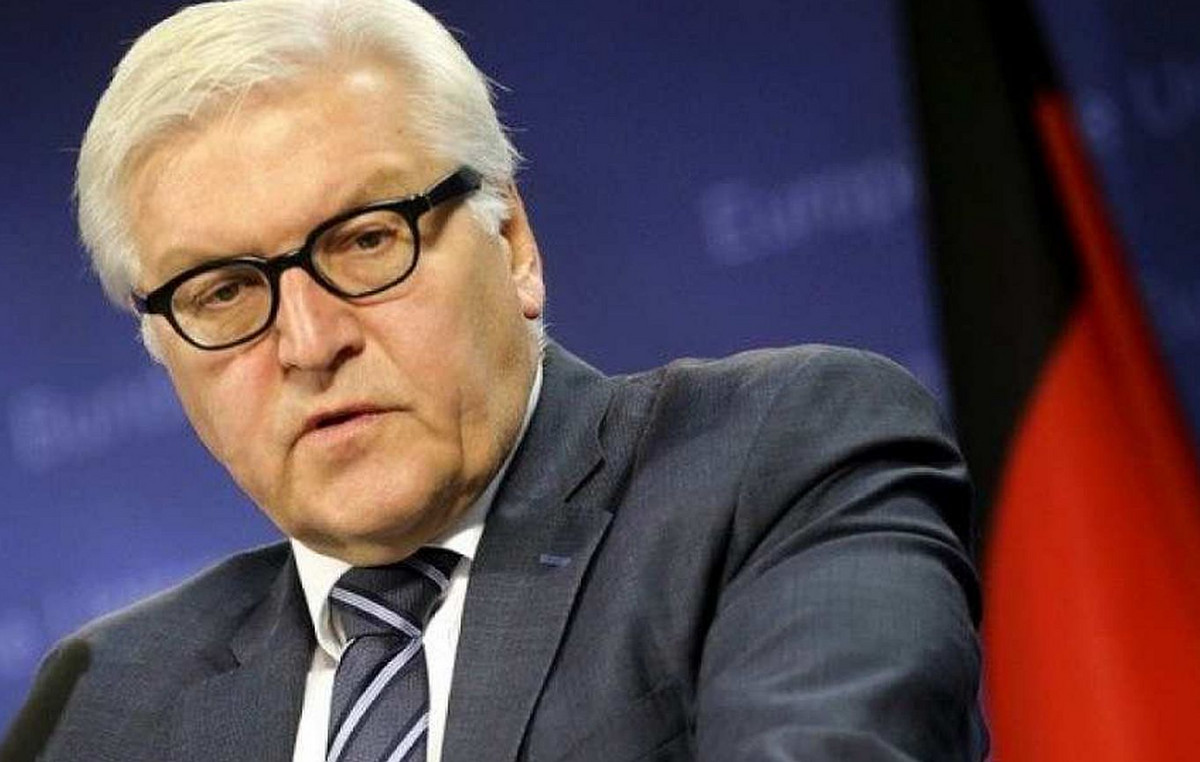Her Eleftherias Kourtali
Wood appears optimistic about the prospects of the Greek stock market in a new report, pointing out that the rerating which has started “in debt” for a long time and there are many and strong reasons to continue beyond January and the traditional January Effect.
According to Wood, Greece’s performance in 2020 was quite strong, with a dynamic GDP recovery of over 7%, one of the best in the Eurozone, with the approval of a package of 31 billion euros by the EU Recovery Fund, which represents 17% of GDP, the highest in the EU, with a stable political landscape, with the market-friendly government maintaining a strong lead in opinion polls, and with the successful transformation of the banking sector, with the NPE now approaching single-digit levels .
Although these very good fundamental figures did not result in an overperformance of the Greek stock market in 2021, as the General Index strengthened by 10% and lower than the European indices, Wood emphasizes that it maintains its optimism for 2022, due to: broad macroeconomic recovery (GDP growth> 4%), improving corporate profitability, revitalizing the banking sector (with the high single-digit return on ROTE equity possible), and attractive ATHEX valuations. (GDP capitalization is still at historically low levels).
Since the beginning of the year, as Wood notes, the Athens Stock Exchange has recovered by more than 6%, with strong returns of 12% from the banking index. Wood believes that there are many strong reasons why this XA rerating will continue, with support from the macroeconomic environment, political stability, “clean” banks and cheap valuations.
January effect or something more sustainable?
More specifically, in Wood’s view, the Greek market has long “owed” its rerating and outperforming the indicators of the European region in 2022, it will not surprise it if it continues, for the following reasons:
Broad-based macroeconomic recovery. GDP in the first nine months of 2021 grew by almost 8.9% and Wood expects growth of more than 7% for the whole year, well above the market’s initial expectations for growth of 3-4%. The macroeconomic landscape has been helped by the strong recovery in tourism, investment and household spending. The recovery is expected to continue in 2022 and the house expects a growth rate of 4%, with the chances of moving even higher being significant.
– The stable political environment. The New Democracy’s market-friendly government appears to be gaining widespread support in opinion polls, and elections are expected in June 2023. Even if the prime minister goes to the polls early, he is unlikely to cause serious instability or derail macroeconomic recovery. Wood view.
– The story of NPEs is no longer a “weight”. The successful implementation of “Hercules” I and II means that all Greek banks will end up with an NPE index <10% in 2022. As a result, a key element has been removed which has hindered the broad recovery of the Greek market for about 10 years . NPEs have ceased to be a concern for investors, notes Wood. The banking sector is on a full recovery trajectory, with goals to accelerate lending growth, reduce risk costs and achieve a ROTE of around 10%.
– The ATHEX measurement indices are at historical lows. After a decade of multiple crises in Greece (debt crisis, recapitalization of the banking sector, outflows of large companies from the ATHEX and pandemic), all key indicators of the ATHEX (average daily turnover, capitalization to GDP, etc.) remain extremely low levels, both in historical context and in comparison with its European markets.
The top picks
In this context, as Wood noted in a report in December, it is bullish for the banking sector and believes that Greek banks are still trading at very attractive discounts compared to European ones, with an average P / TBV of around 0, 5x and P / E <7x for 2022. The National Bank remains its top choice, as it trades with a 20% discount in relation to Eurobank, despite the National capital's higher capital ratios and rising profitability, with the estimated ROTE approaching 9% in 2022.
Of the large capitalized non-bank shares, Wood reiterates its long-term buy recommendation for OPAP (strong cash flows, generous dividends) with a target price of 16 euros and a 22% growth margin, and Motor Oil (sound balance sheet, high dividend). yield, low valuation) with a target price of 17.8 euros and a margin of 19%.
He also considers that GEK Terna is an “unexplored” story with significant prospects (with a target price of 12.8 euros and a margin of 30%), as it could offer higher returns to investors, due to the fact that it combines a diversified portfolio of projects. concession of highways, RES and thermal power plants, with the recovery of Greek construction activity.
Wood also recommends buy for Coca Cola, Jumbo, Mytilineos, ELPE, Terna Energy, Titan, PPA, Aegean and HELEX.
Finally, at the key risk for its forecasts, Wood places the deterioration of the global macroeconomic outlook, which could hurt domestic investment, exports and tourism flows, early elections, with unpredictable polls, and new variants. of the pandemic, which could delay the return to normalcy or harm the summer season.
Read also:
* Pantelakis Securities: Because the Greek Stock Exchange is an “exciting” trade
I am Sophia william, author of World Stock Market. I have a degree in journalism from the University of Missouri and I have worked as a reporter for several news websites. I have a passion for writing and informing people about the latest news and events happening in the world. I strive to be accurate and unbiased in my reporting, and I hope to provide readers with valuable information that they can use to make informed decisions.







